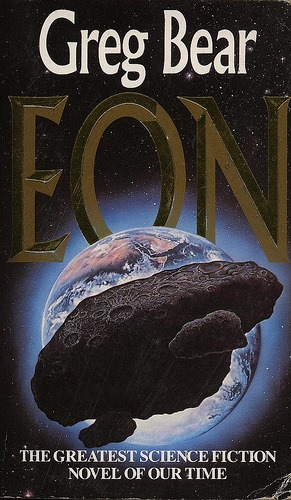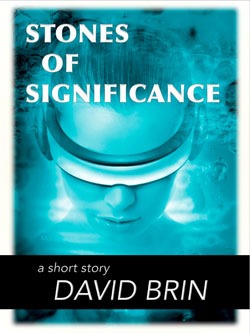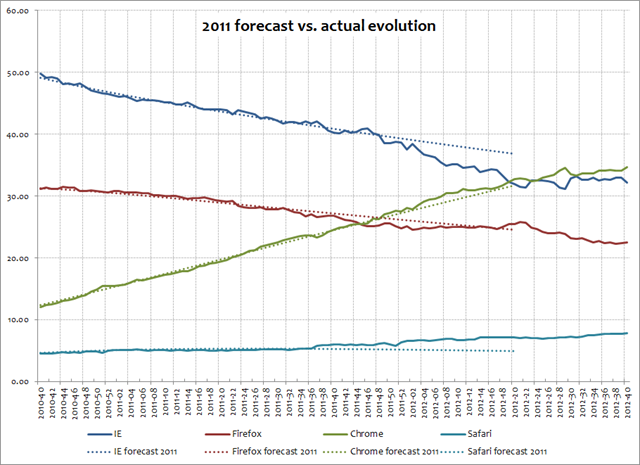Cred că sună incredibil de arogant pentru cineva care nici măcar nu a ajuns la Paris și‑și dorește asta de cine știe când, dar nici măcar n‑am simțit nevoia să urc în turn. Am trecut pe acolo într‑o zi ploioasă, cum au fost multe în vara asta din păcate, și prima impresie a fost de schelă gigantică în curs de ruginire. Stând chiar în centru între piloni sub corpul principal și urmărind cu capul pe spate picăturile de apă desprinse cum cădeau cu încetinitorul am avut o senzație vagă de ireal; chiar mă aflam acolo, sub simbolul unui întreg oraș, Mecca unei armate de turiști din toate colțurile globului? M‑am minunat de conștiinciozitatea cu care lumea în jurul meu se înșira la coadă să urce în turn. Nu s‑au mișcat nici măcar când a început să toarne cu găleata în timp ce eu m‑am refugiat sub un stejar în parcul din apropiere. Într‑un fel e de înțeles, atunci când ai poate doar câteva zile la dispoziție vrei neapărat să bifezi un obiectiv atât de faimos. Însă pe de altă parte în timpul pe care îl pierzi la coadă, probabil 2‑3 ore în medie, ai putea să vezi altceva, locuri mai puțin frecventate, mai autentice, unele chiar gratuite – ceea ce nu e de lepădat, de vreme ce faima Parisului ca oraș scump se extinde și la obiectivele turistice; taxa minimă e în jur de 8 EUR1. Și sunt atâtea de văzut în orașul ăsta! Chiar și după nouă săptămâni (mă rog, am mai și muncit, sunt mai degrabă nouă week‑end‑uri) plus încă două bonus o lună mai târziu mă tot gândesc că n‑am epuizat nici pe departe destinațiile, că n‑am făcut suficiente fotografii. Dar, cine știe, poate data viitoare…
Fiind cazați la început pentru o săptămână la periferie, într‑un orășel de care nici măcar parizienii n‑au auzit2, prima vizită a fost la Versailles. Un mic sfat: dacă mergeți în grup trimiteți pe cineva să ia bilete în timp ce restul stau la coada uriașă de la intrare, e mai rapid așa. N‑am fost extrem de impresionat de interior, probabil pentru că am tot văzut castele în zona München‑ului, majoritatea inspirate de opulența Versailles‑ului. Dar nici îmbulzeala de turiști nu cred că a ajutat. Grădinile sunt imense, ar fi nevoie de vreo două zile ca să explorezi în liniște și castelele și împrejurimile. Parcă să ne facă în ciudă, când am ieșit din corpul principal au fost oprite fântânile – poate cel mai frumos aspect – și au pornit din nou de‑abia seara pe la 6 când ne pregăteam să plecăm. Ca și în restul Parisului, m‑a deranjat stilul de a aranja totul (pomi, alei, flori, canale) perfect ordonat, în linii drepte, arată auster, prea artificial pentru mine. În schimb în spatele micului Trianon spațiile verzi au fost amenajate (la indicațiile Mariei Antoaneta) cu o temă rustică, de la căsuțe la iazul cu nuferi, de la vii la răsadurile de legume – mult mai primitor. Tot la Versailles am avut parte de prima întâlnire cu regulile mai neobișnuite ale Franței; mai concret verificarea biletelor se poate foarte bine face și la terminarea turului, așa că păstrați‑le cu grijă; tot așa la metrou în unele stații – la aeroport de exemplu – trebuie să validați biletul și la ieșire.
 Unlike the previous release preview, when the new
Unlike the previous release preview, when the new 




